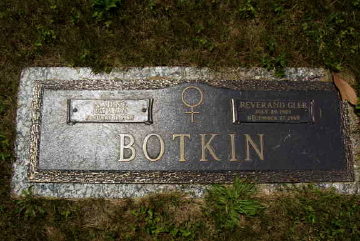I have just started reading
The Taste of Conquest: The Rise and Fall of the Three Great Cities of Spice by Michael Krondl.
And I am so happy that in the first pages he destroys the persistent myth that people in the Middle Ages ate heavily spiced food to disguise its rottenness. He offers several good rebuttals:
• Anyone who could afford exotic spices (e.g., pepper, cinnamon) was well-off enough to afford good meat.
The rich could afford to eat fresh meat and spices. The poor could afford neither.• Medieval cookbooks -- yes, they existed, for the upper classes -- directed cooks to add spices at the end of cooking for a greater olfactory whammy, which negates the idea of concealing or preserving "off" meat.
• Salt is the best cheap, traditional preservative for meat. So why would anyone use expensive imports?
All this is to say that spices weren't the truffles or caviar of their time but were more on the order of today's expensive extra-virgin olive oil. But like the bottle of Tuscan olive oil displayed on the granite counter of today's trophy kitches, spices were part and parcel of the lifestyle of the moneyed classes...So I gave tonight's quick supper of sardines, garlic, and pasta an extra flourish of pepper. Got to support the spice trade, you know.
Medieval cooking is on my mind since Sunday night, when a colleague from the university absolutely knocked herself out preparing an
Elizabethan feast for her "Midsummer Night's Dream" party.
There were lots of sweet-and-sour meat-and-fruit dishes, some wrapped in dough, as
pasties but without potato, which would not be correct for the period.
And then some players from a community theatre troupe did scenes from
the play outdoors under the pines and Douglas firs.
That's as close to a 16th-century feast as I will ever get.
Labels: culture






